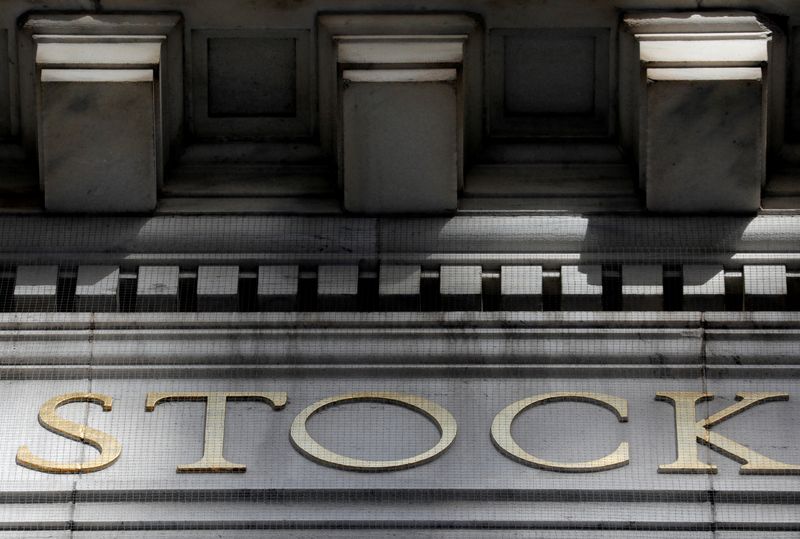By Shankar Ramakrishnan
(Reuters) - Last week, artificial intelligence server maker Super Micro Computer (NASDAQ:SMCI) achieved something not seen since 2021: It paid 0% interest rate on a $1.7 billion capital raise. Its secret: it issued a bond that can convert to shares.
The offering shows how the market for such convertible bonds is getting a second wind, as investors adjust to the idea that the Federal Reserve will keep rates higher than they expected this year and a benign growth environment drives up stocks.
In just the last two weeks, eight U.S. companies, including Global Payments (NYSE:GPN), NextEra Energy (NYSE:NEE), Lyft (NASDAQ:LYFT) and Sunrun (NASDAQ:RUN), have raised nearly $7 billion through convertible bonds, making it the busiest period for the hybrid securities in over two years.
To make convertibles more attractive to companies, banks are selling insurance and other services to reduce the risk that they give away shares at a discount to the market price. While the services add to the costs of issuance, the savings on interest are higher. Companies can save on average 3% to 4% in interest costs, according to an investor and an analyst said.
"There are significant coupon savings that a company can get in a convertible bond versus a regular bond," said Santosh Sreenivasan, head of the equity-linked and private capital markets business in the Americas at JPMorgan, the top underwriter of such bonds
BofA Global analysts expect $90 billion to $100 billion of global convertible bond issuance this year, a 20% increase from a year earlier. Some $60 billion to $65 billion is expected in the United States.
David Clott, portfolio manager at Wellesley Asset Management, said he expects volumes to get a boost from companies looking to refinance a wall of maturities in the next few years.
LOWERING DILUTION
Like a regular bond, convertibles pay a coupon and their yields change with interest rates. But their value also depends on the company's stock price, as they can convert to shares.
The risk of diluting existing shareholders through convertible bonds had kept many companies away, but bankers are offering other products to reduce that impact.
Of the deals done in the last two weeks, many included an option called net share settlement, which allows the company to settle bonds converting to stock primarily in cash - and only some stock.
In all the deals, companies also bought a capped call, a derivative used to increase the share price at which the bonds are converted to stock.
Global Payments' new $1.75 billion bond, for instance, was set to convert into shares at a 20% premium to the current share price. But the capped call raised the conversion premium to 75%. Global Payments spent $222.3 million on buying the capped call.
Super Micro also increased the conversion premium on its deal from 37.5% to 100% by buying the derivative.
Companies typically pay about 10% of their issuance proceeds to buy the capped call, according to JPM’s Sreenivasan.
COUNTERING HEDGES
Typically, investors in convertible bonds tend to simultaneously place bets that the stock of the company would fall, a strategy called hedging. In a short bet, they borrow stock and sell it, looking to buy it back later at a lower price.
The short bets can put pressure on the stock. To counter that in the recent deals, many issuers used proceeds to buy back their own stock from bond buyers entering into such short bets.
Global Payments, for example, bought back $185 million of stock concurrently with the convertible bond.

These ways to eliminate dilution risk have been around for years but more companies are showing commitment to use them now, JPMorgan's Sreenivasan said.
"Companies want to clearly signal to their shareholders that while they have selected a product that has some dilutive effect, they have managed that risk appropriately," he said.